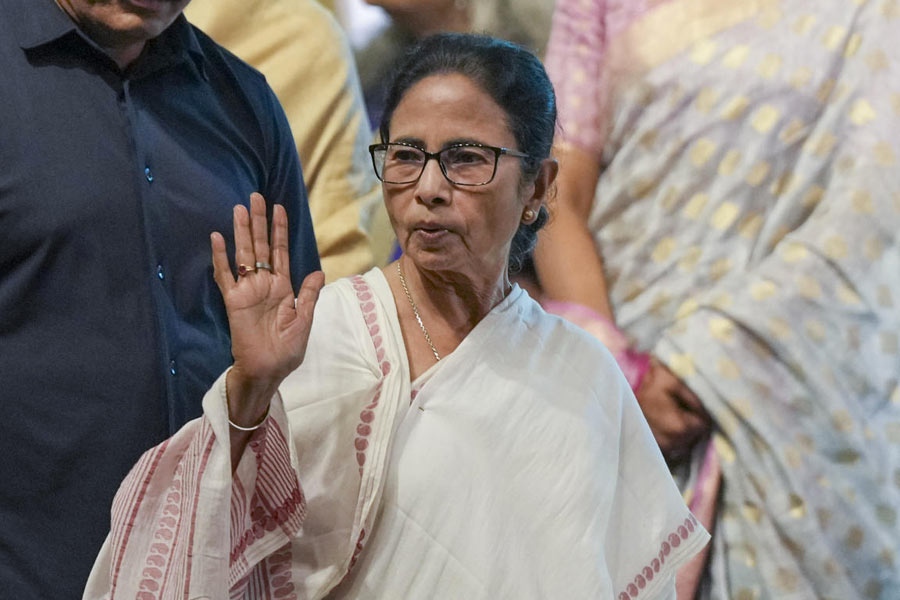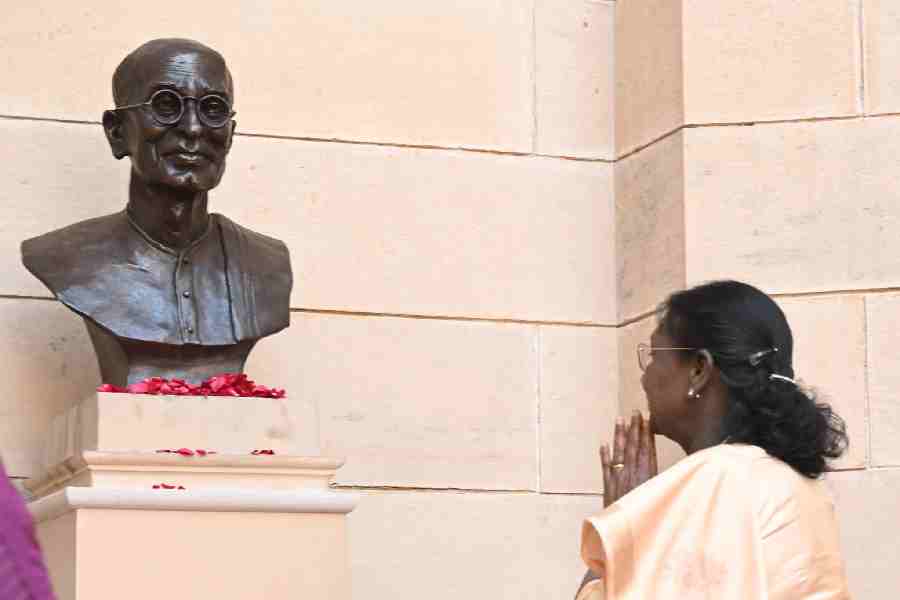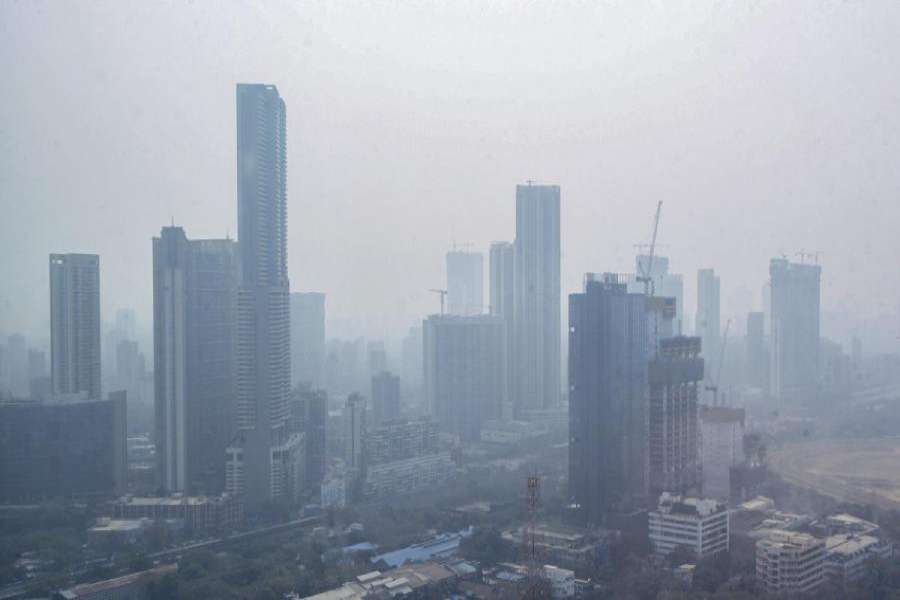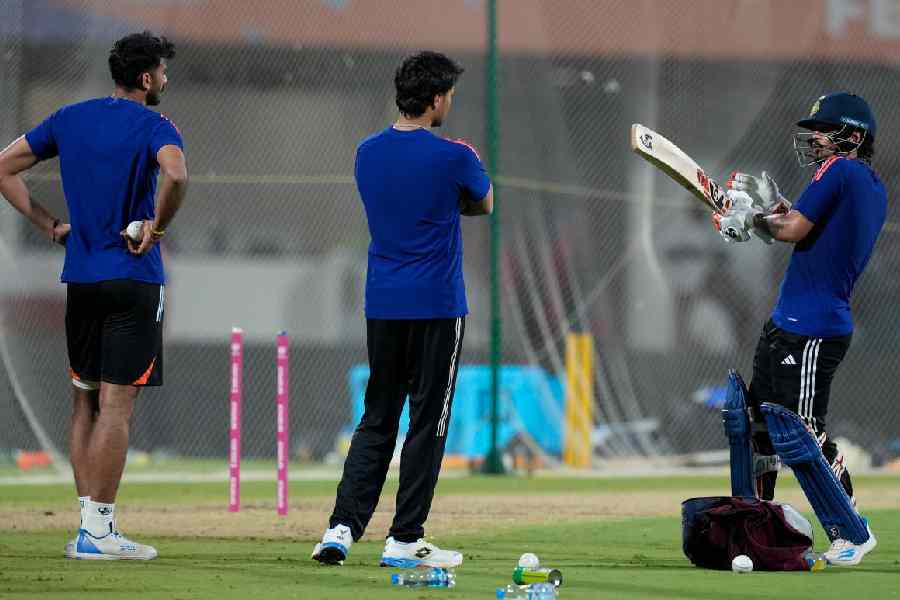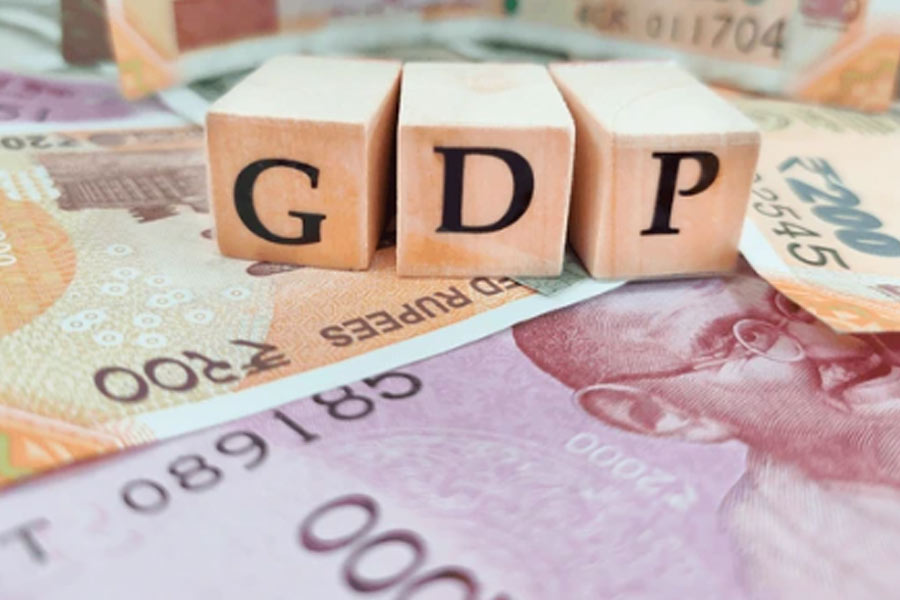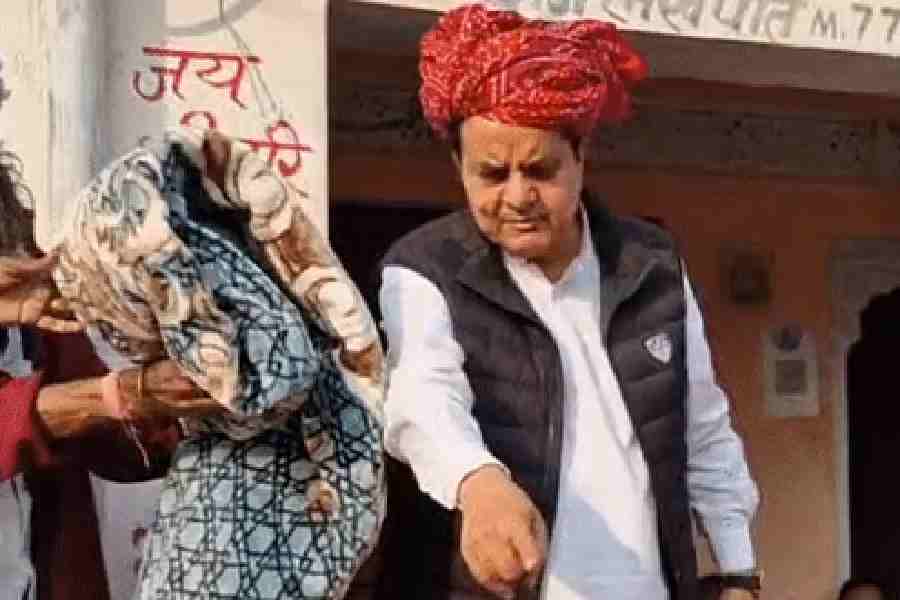Bangladesh remained on edge Monday, with heavy security, empty streets and a palpable sense of anticipation as the International Crimes Tribunal–Bangladesh (ICT-BD) prepared to deliver its verdict against deposed prime minister Sheikh Hasina.
Tried in absentia on charges of crimes against humanity linked to last year’s student-led uprising that brought down her Awami League government, the ruling has fueled fears of fresh unrest across the country.
Prosecutors have sought the death penalty for Hasina, 78, as well as for former home minister Asaduzzaman Khan Kamal and ex-police chief Chowdhury Abdullah Al-Mamun, amid a sweeping nationwide security clampdown marked by arson attacks, crude bomb explosions and a shoot-at-sight order in Dhaka.
The International Crimes Tribunal (ICT-BD), which, according to Prosecutor Gazi Monawar Hossain Tamim, is expected to sit at 11:00 am, will also deliver its verdict against Hasina's two aides, former home minister Asaduzzaman Khan Kamal and former police chief Chowdhury Abdullah Al-Mamun, over the same charges. Prosecutors have sought the death penalty for the accused.
Hasina, 78, faces multiple charges after being ousted in August 2024 following the mass student-led agitation. A UN rights office report estimated that up to 1,400 people were killed between July 15 and August 15 during what came to be known as the July Uprising, as her government ordered a sweeping security crackdown.
Hasina, Kamal and Mamun were tried before the ICT-BD. The court declared Hasina and Kamal fugitives and conducted the trial against them in absentia. Mamun faced trial in person but later appeared as an approver.
Seeking the death penalty for Hasina, Chief Prosecutor Mohammad Tajul Islam had described her as the “mastermind and principal architect” of the alleged atrocities during the protests. Her supporters, however, say the charges are politically motivated.
The tribunal completed hearings on October 23 after 28 working days, during which 54 witnesses deposed, describing the state response to the student-led movement that toppled Hasina’s Awami League government on August 5, 2024. Hasina fled the country on the same day amid spiralling unrest and has since been residing in India. Kamal is also believed to have taken refuge in India.
The interim government led by Muhammad Yunus has sought Hasina’s extradition, but India is yet to respond.
Security lockdown and overnight violence
Bangladesh enforced heightened security across Dhaka and other regions overnight amid sporadic arson and crude bomb attacks ahead of Monday’s verdict by the special tribunal.
Authorities ordered strict military, paramilitary and police vigil after reports that Hasina’s now-disbanded Awami League had announced a two-day shutdown ahead of the verdict.
The capital city Dhaka, typically gridlocked on weekday mornings, woke to near-empty roads, with only scattered cars and rickshaws moving through heavily policed intersections.
The eerie calm followed a night of sporadic arson and crude bomb attacks.
Security forces mounted intensive patrols around the ICT-BD complex, the Secretariat, the Supreme Court premises, the Prime Minister’s Office and the diplomatic enclave.
Armoured carriers, water cannons, and riot-control units from the Rapid Action Battalion (RAB) and police were deployed at major junctions, while checkpoints screened movement into and out of the city.
Unidentified people on Sunday night set on fire the vehicle dumping corner of a police station complex and detonated two crude bombs outside the residence of an advisory council member of interim government chief Professor Muhammad Yunus, besides triggering explosions at several intersections in the capital.
Dhaka Metropolitan Police (DMP) Commissioner Sheikh Md Sajjat Ali on Sunday evening issued a shoot-at-sight order against anyone involved in arson attacks, cocktail explosions or attempts to harm police and civilians ahead of the verdict.
“I stated over the wireless that anyone who sets a bus on fire or throws crude bombs with intent to kill should be shot. This authority is clearly provided in our law,” DMP Commissioner SM Sazzat Ali said late Sunday.
Dhaka has witnessed a series of mostly predawn clandestine attacks since November 10, including crude bomb explosions at the entrance of the Yunus-founded Grameen Bank headquarters in Mirpur. Officials said several branches of the bank were also targeted in coordinated petrol bomb and arson attacks.
Unidentified attackers also torched several parked buses during the past week, killing one driver who was asleep inside a vehicle.
Army troops, Border Guard Bangladesh personnel and riot police have been deployed around the ICT-BD complex. Streets in the capital appeared largely deserted amid fears of violence.
Charges against Hasina and her defence
Hasina, Kamal, and Mamun face five counts, including murder, attempted murder, torture and other inhumane acts. Another charge accuses Hasina of ordering the “extermination” of protesters. She is also accused of making inflammatory remarks and ordering the use of deadly weapons against students. Additional counts relate to the shooting and killing of six unarmed protesters in Dhaka and the surrounding areas.
Prosecutor Gazi MH Tamim said on Sunday, “We have sought the highest possible sentence for Hasina. We also requested seizure of the convicts’ property for distribution among families of martyrs and injured victims of last year’s violent street protests.”
He added that ICT-BD’s law bars Hasina from appealing in the Supreme Court’s Appellate Division unless she surrenders or is arrested within 30 days of the verdict. Prosecutors said the verdict would be broadcast live on state-run BTV, with arrangements for display on large screens at multiple locations in Dhaka. Only select portions would be aired, subject to tribunal approval, and the verdict will also be streamed on the tribunal’s Facebook page.
In interviews with international media and the Indian press, Hasina described the tribunal as a “kangaroo court” run by individuals linked to her political rivals. In a recent emailed interview to PTI, Hasina said she was prepared to stand trial under international supervision “even at the International Criminal Court” in The Hague, alleging that Yunus avoided such a process because an impartial tribunal would acquit her.
Hasina, in an audio message uploaded on the Awami League’s Facebook page overnight, rejected the charges and urged party members not to worry, saying, “We have seen enough of these attacks and cases, this is just a matter of time.”
She has also accused interim government chief Professor Yunus of orchestrating her ouster under a “meticulous design”, calling him a “usurper”.
“Let them try me, I don’t care… The verdict will not be able to gouge my mouth,” she said.
She further termed the charges “entirely false”, adding, “If someone makes a false complaint in court, he is tried under law, and one day it will happen.” Quoting Article 7(B) of Bangladesh’s Constitution, she said, “If someone by force removes the elected representatives from power, they will be punished. Yunus just did it.”
Interim government home affairs adviser retired lieutenant general Jahangir Alam Chowdhury said the verdict, “whatever it is, will be executed”.
The ICT-BD was formed by the past government to try collaborators of the Pakistani troops during Bangladesh's 1971 Liberation War. The Yunus administration later amended the law to try leaders of the previous regime, including Hasina. Most Awami League leaders and key figures of the former government are either jailed or on the run.


